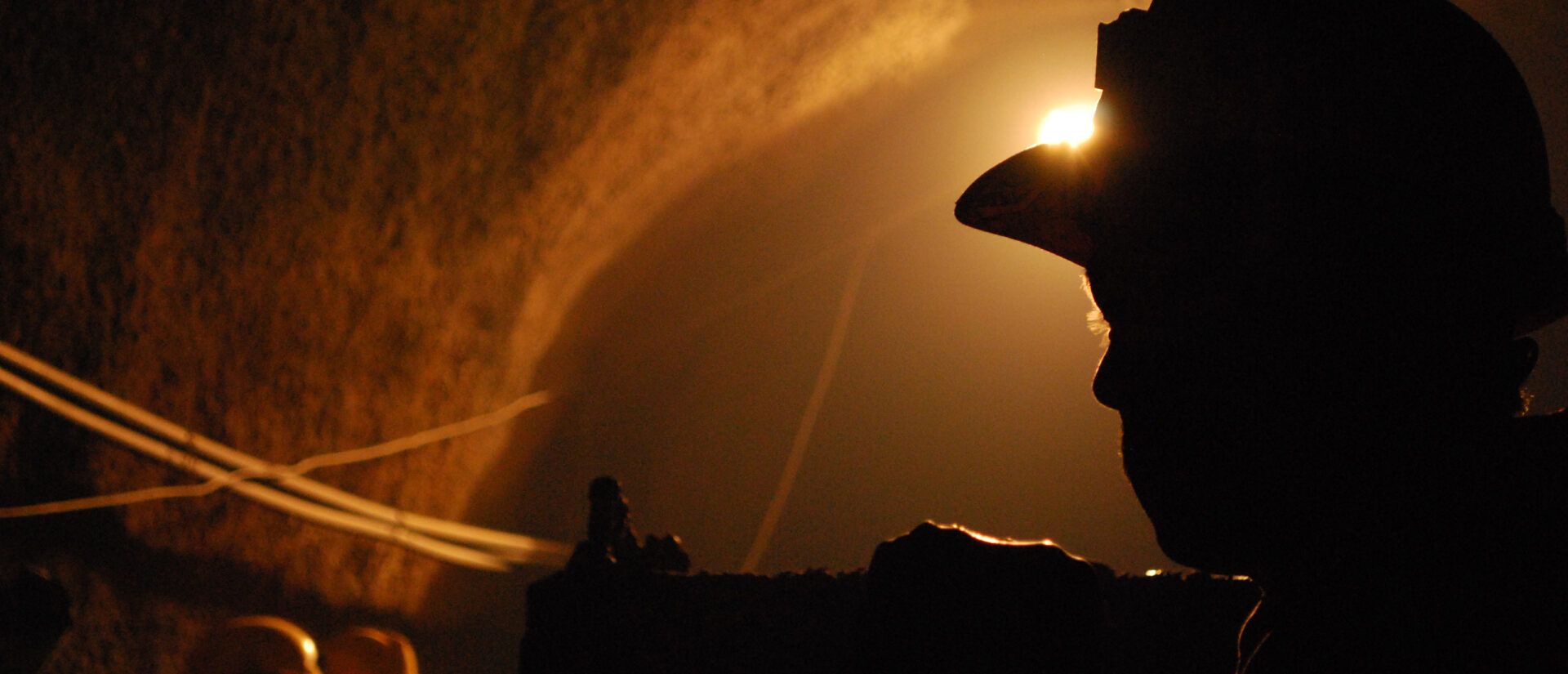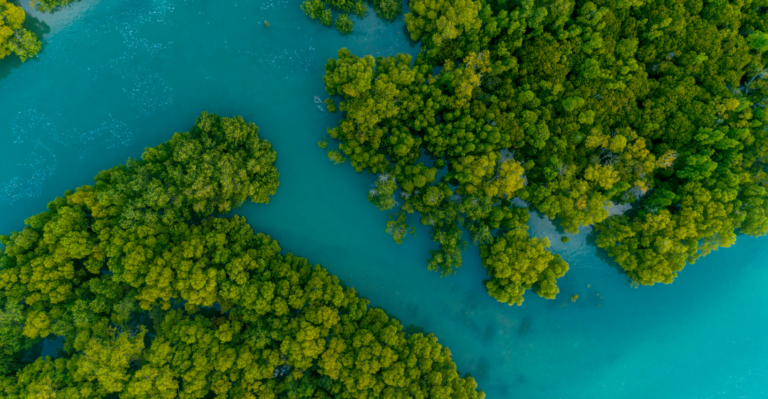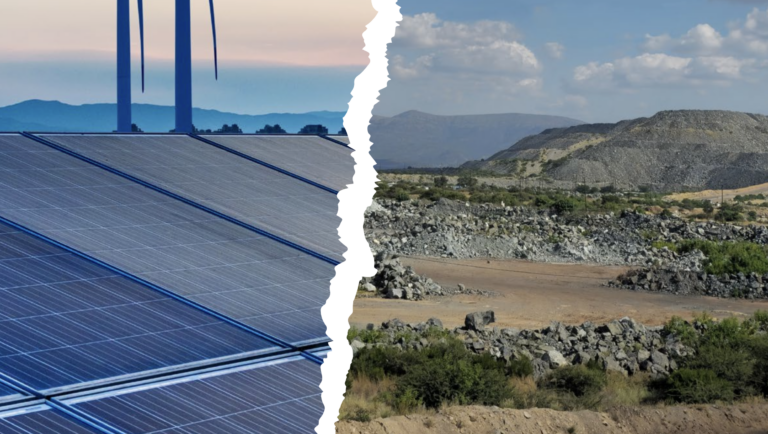
World Bank refuses to listen to those affected by mining in Colombia
The World Bank’s International Center for Settlement of Investment Disputes (ICSID) has declined to accept an Amicus Curiae that was to be presented by the Committee for the Defense of Water and the Páramo de Santurbán and allied international organizations (including SOMO). National and international civil society organizations rebuffed the ICSID’s refusal to accept an Amicus Curiae within the process of the ongoing international arbitration brought forth by Canadian mining company Eco Oro Minerals Corp. against Colombia.
US Supreme Court rules that the World Bank Group Can Be Sued
The arbitration centre is hearing the ongoing international arbitration put forth by the Canadian company in question against Colombia. The company is attempting to pursue its Angostura gold mining project in the Santurbán Páramo, located in the northeast of the country. The arbitration questions the decisions taken by the Colombian State to protect its páramos, high mountain wetlands that are a natural source of water for 70% of its inhabitants. The arbitration is being heard at the ICSID, an organization dependent on the World Bank that is in charge of the resolution of disputes between investors and States. Colombia could be condemned to pay $746 million US dollars, an unprecedented sanction for the country.
“At a time when Latin American countries are embracing the principles of environmental democracy with the adoption of the Escazú Agreement, ICSID is going in the opposite direction. It is regrettable that in the midst of the regional movement for transparency and participation, ICSID has opted to constrict itself even more. In doing so, it is only generating more anger and distrust, not only in the face of this mechanism, but also in the face of the whole system of Investor-State Arbitration worldwide” , stated Carla García Zendejas, Senior Attorney at the Center for International Environmental Law (CIEL). “The communities affected by mining in Santurbán have to be heard and can provide crucial elements for the case“, said Carlos Lozano, of AIDA.
The organizations consider that the Committee for the Defense of Water and the Páramo de Santurbán has a significant interest in the outcome of the process and that they could have provided expertise to the arbitration tribunal, which would have been helpful for a better decision of the case. In the same way, they urge ICSID to expand citizen participation and make its procedures for making decisions transparent. This is transcendental for the public interest of the countries whose governments are subject to its jurisdiction.
Related news
-
 The Counter: strengthening the fight for climate justice around the worldPosted in category:Long read
The Counter: strengthening the fight for climate justice around the worldPosted in category:Long read Luis ScungioPublished on:
Luis ScungioPublished on: -
The hidden harm of green hydrogen Published on:
 Ilona HartliefPosted in category:Publication
Ilona HartliefPosted in category:Publication Ilona Hartlief
Ilona Hartlief
-
 ExxonMobil sues the Netherlands over gas field closurePosted in category:News
ExxonMobil sues the Netherlands over gas field closurePosted in category:News Bart-Jaap VerbeekPublished on:
Bart-Jaap VerbeekPublished on:

